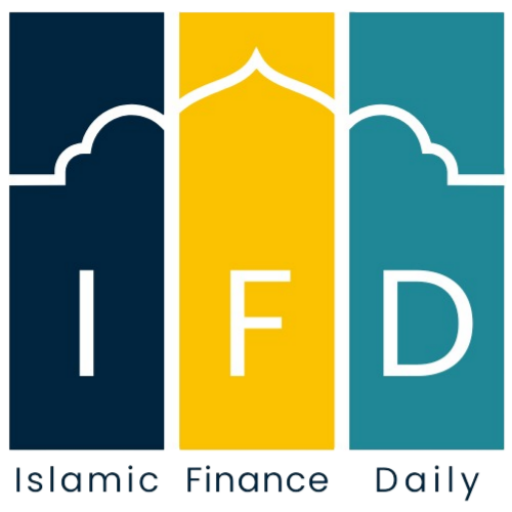Table of Contents
ToggleIntroduction
Islamic banking has become a vital part of the global financial landscape, offering ethical and Sharia-compliant alternatives to conventional banking. One of the core services provided by Islamic banks includes various types of accounts tailored to meet the diverse needs of customers. These accounts operate on Islamic financial principles, particularly the prohibition of riba (interest), ensuring transactions are fair, transparent, and socially responsible. This blog will explore the features, benefits, and real-world applications of Islamic banking accounts, focusing on current, savings, and investment accounts.
Current Accounts in Islamic Banking
Current accounts in Islamic banks function similarly to their conventional counterparts but with key Sharia-compliant differences. They are primarily designed for frequent transactions, offering easy access to funds without earning interest.
- Principle: Operate on the principle of Qard (interest-free loan) or Wadiah (safekeeping). The bank holds the funds in trust and guarantees their return upon request.
- Features: No interest payments, cheque book facilities, debit cards, online banking, and overdraft facilities without interest.
- Example: Dubai Islamic Bank offers current accounts based on the Wadiah contract, providing customers with secure fund management and easy transaction capabilities without interest.
Savings Accounts in Islamic Banking
Savings accounts in Islamic banking are designed to encourage saving while complying with Islamic principles.
- Principle: Operate on Mudarabah (profit-sharing) or Wadiah. In Mudarabah, the customer acts as the capital provider while the bank is the entrepreneur.
- Features: Profit-sharing based on pre-agreed ratios, no fixed interest, flexible deposit and withdrawal options, and Sharia-compliant investments.
- Example: Bank Islami in Pakistan offers Mudarabah-based savings accounts where profits are distributed periodically based on the bank’s earnings from Sharia-compliant ventures.
Investment Accounts in Islamic Banking
Investment accounts are tailored for customers seeking to grow their wealth through ethical investments.
- Principle: Based on Mudarabah or Musharakah (joint partnership). Customers invest funds, and profits are shared according to agreed ratios, while losses are borne by the investor unless due to the bank’s negligence.
- Features: Higher profit potential, diverse Sharia-compliant investment opportunities, flexible tenure options, and risk-sharing mechanisms.
- Example: Al Baraka Bank offers investment accounts where funds are invested in Sharia-compliant projects like real estate and halal businesses, providing profit-sharing returns.
Key Differences Between Islamic Banking Accounts
| Feature | Current Account | Savings Account | Investment Account |
|---|---|---|---|
| Underlying Principle | Qard/Wadiah | Mudarabah/Wadiah | Mudarabah/Musharakah |
| Profit/Earnings | No profit or interest | Profit-sharing (variable) | Profit-sharing (higher potential) |
| Risk Involvement | None | Minimal (bank’s operational risk) | Moderate to High (investment risk) |
| Purpose | Daily transactions | Encouraging savings | Wealth growth through investments |
Additional Considerations in Islamic Banking Accounts
- Sharia Compliance: All accounts undergo scrutiny by Sharia boards to ensure compliance with Islamic principles.
- Ethical Investments: Funds from savings and investment accounts are directed towards ethical, halal ventures, avoiding industries like gambling, alcohol, and conventional finance.
- Transparency: Clear agreements on profit-sharing ratios, risk exposure, and terms of service.
Real-Life Impact of Islamic Banking Accounts For example, consider a small business owner in Malaysia using an Islamic current account for daily transactions, complemented by a savings account to accumulate profits. The investment account helps grow surplus funds ethically, supporting halal industries and contributing to the community’s economic well-being.
Conclusion
Islamic banking accounts provide ethical, Sharia-compliant financial solutions for individuals and businesses. Whether you need a current account for daily transactions, a savings account for future planning, or an investment account for wealth growth, Islamic banks offer diverse products rooted in transparency, fairness, and social responsibility. Understanding these options helps customers make informed decisions aligned with their faith and financial goals.



